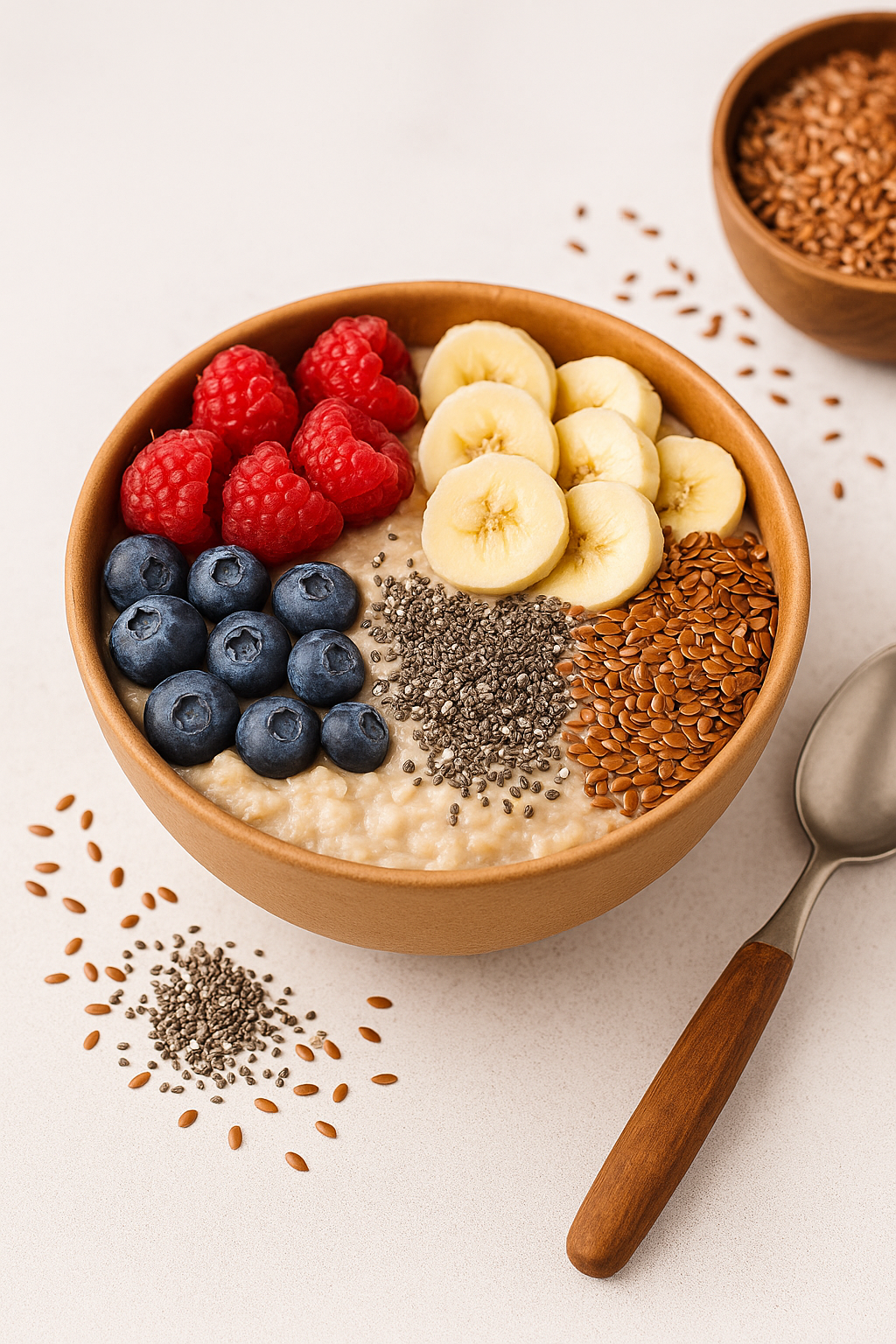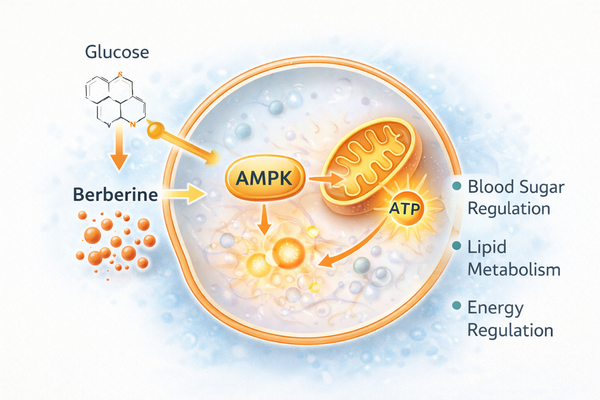High-Fiber Diet: The Key to Better Gut Health and Overall Wellness

Maintaining a healthy gut is one of the most effective ways to support digestion, immunity, and long-term wellness. Among all dietary strategies, eating a fiber-rich diet stands out as one of the simplest yet most powerful.
Why Fiber Matters
Fiber is a type of carbohydrate that the body cannot fully digest. Instead of breaking down, it passes through the digestive system, feeding beneficial gut bacteria and improving bowel function. A balanced gut microbiome is linked to stronger immunity, better mood regulation, and even reduced risk of chronic disease.
- Soluble fiber (found in oats, beans, and apples) absorbs water and forms a gel-like substance that slows digestion and stabilizes blood sugar.
- Insoluble fiber (found in whole grains, leafy greens, and seeds) adds bulk to stool and helps prevent constipation.
Top Fiber-Rich Foods to Include
- Legumes: Lentils, chickpeas, and black beans are excellent sources.
- Whole Grains: Oats, brown rice, barley, and quinoa support steady energy levels.
- Vegetables: Broccoli, carrots, spinach, and kale add both fiber and micronutrients.
- Fruits: Apples, pears, berries, and bananas provide soluble fiber plus antioxidants.
- Seeds: Flaxseeds and chia seeds are small but powerful boosters for gut health.
Health Benefits Beyond Digestion
- Improved satiety: High-fiber meals keep you full longer, helping with weight control.
- Lower cholesterol: Soluble fiber binds with cholesterol particles and helps remove them.
- Stable blood sugar: Slows glucose absorption, which is crucial for diabetes prevention.
- Gut microbiome support: Fiber acts as “fuel” for healthy gut bacteria.
Practical Tips to Eat More Fiber
- Swap white rice with brown rice or quinoa.
- Add beans or lentils to soups and salads.
- Choose whole-grain bread and pasta instead of refined options.
- Sprinkle chia or flaxseeds on yogurt, smoothies, or oatmeal.
Bottom Line
A fiber-rich diet doesn’t require drastic changes—small substitutions in daily meals can add up. By prioritizing vegetables, whole grains, fruits, and legumes, you’ll not only improve digestion but also protect your heart, regulate blood sugar, and strengthen overall health.



